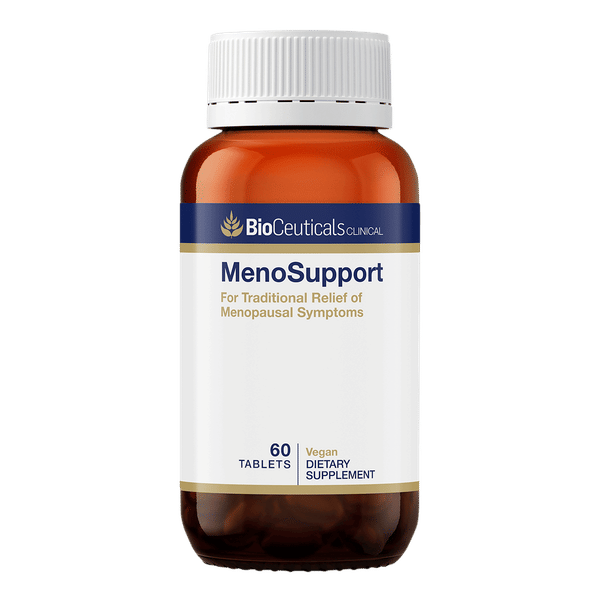
Background
Maritime pine contains chemicals that might improve blood flow, stimulate the immune system, reduce swelling, prevent infections, and have antioxidant effects. Maritime pine trees that grow in southwest France are used to make Pycnogenol, the trademarked name for a specific maritime pine bark extract.
Maritime pine bark extract is used for asthma, high cholesterol, decline in memory, ADHD, and many other conditions, but there is no good scientific evidence to support many of these uses.
Safety Safety definitions
When applied to the skin: A specific maritime pine bark extract (Pycnogenol) is possibly safe when used as a cream for up to 7 days or as a powder for up to 6 weeks.
Special Precautions & Warnings:
Pregnancy: Taking a specific maritime pine bark extract (Pycnogenol) is possibly safe when used in late pregnancy. But until more is known, it should be used cautiously or avoided during pregnancy.Breast-feeding: There isn't enough reliable information to know if maritime pine is safe to use when breast-feeding. Stay on the safe side and avoid use.
Children: A specific maritime pine bark extract (Pycnogenol) is possibly safe to take by mouth for up to 3 months in children 6-18 years of age.
"Auto-immune diseases" such as multiple sclerosis (MS), lupus (systemic lupus erythematosus, SLE), rheumatoid arthritis (RA), or other conditions: Maritime pine might cause the immune system to become more active, and this could increase the symptoms of auto-immune diseases. If you have one of these conditions, it's best to avoid using maritime pine.
Bleeding conditions: Taking high doses of maritime pine might increase the risk of bleeding in people with bleeding conditions.
Surgery: Maritime pine might slow blood clotting and reduce blood sugar. There is some concern that it might cause blood sugar to go too low and increase the chance of bleeding during and after surgery. Stop using maritime pine at least 2 weeks before a scheduled surgery.
Effectiveness
- Asthma. Taking a specific maritime pine bark extract (Pycnogenol) by mouth daily, along with asthma medications, seems to decrease asthma symptoms and the need for rescue inhalers in children and adults with asthma. Keep in mind that maritime pine bark extract shouldn't be used in place of asthma medicine.
- Poor circulation that can cause the legs to swell (chronic venous insufficiency or CVI). Taking a specific maritime pine bark extract (Pycnogenol) by mouth seems to reduce leg pain and heaviness, as well as swelling, in people with circulation problems.
- Osteoarthritis. Taking a specific maritime pine bark extract (Pycnogenol) by mouth might improve some symptoms of knee osteoarthritis. It also might reduce the need for pain medications in some people.
- High cholesterol. Taking a specific maritime pine bark extract (Pycnogenol) doesn't lower low-density lipoprotein (LDL or "bad") cholesterol in people with high cholesterol.
Dosing & administration
Interactions with pharmaceuticals
Medications for diabetes (Antidiabetes drugs)
Interaction Rating=Moderate Be cautious with this combination.
Maritime pine might lower blood sugar levels. Taking maritime pine along with diabetes medications might cause blood sugar to drop too low. Monitor your blood sugar closely.
Medications that decrease the immune system (Immunosuppressants)
Interaction Rating=Moderate Be cautious with this combination.
Maritime pine can increase the activity of the immune system. Some medications, such as those used after a transplant, decrease the activity of the immune system. Taking maritime pine along with these medications might decrease the effects of these medications.
Medications that slow blood clotting (Anticoagulant / Antiplatelet drugs)
Interaction Rating=Moderate Be cautious with this combination.
Maritime pine might slow blood clotting. Taking maritime pine along with medications that also slow blood clotting might increase the risk of bruising and bleeding.
Interactions with herbs & supplements
Herbs and supplements that might slow blood clotting: Maritime pine might slow blood clotting and increase the risk of bleeding. Taking it with other supplements with similar effects might increase the risk of bleeding in some people. Examples of supplements with this effect include garlic, ginger, ginkgo, nattokinase, and Panax ginseng.





